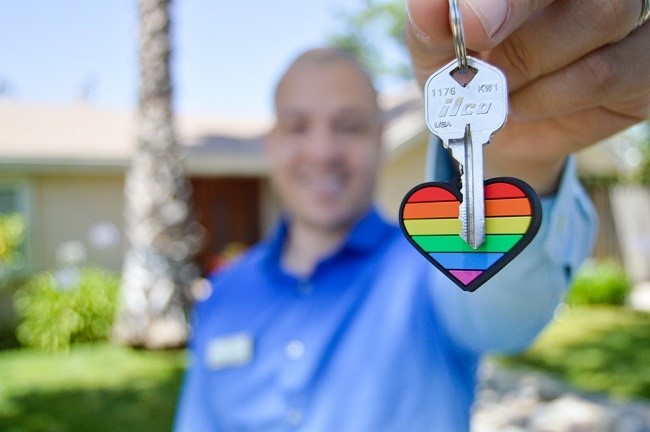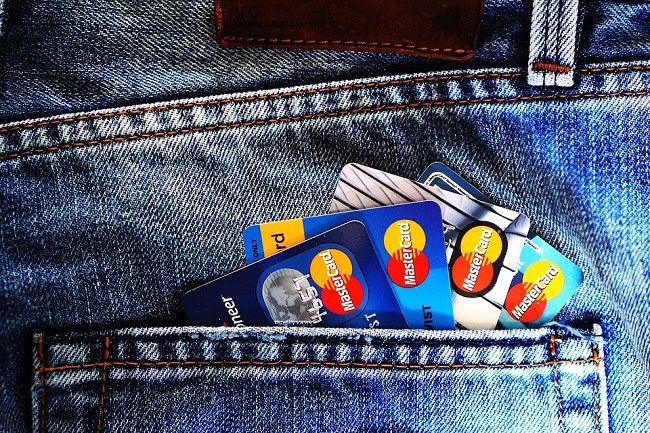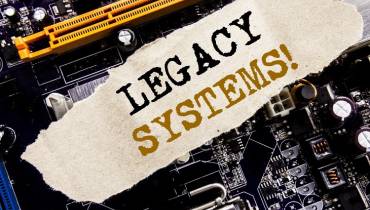5 Ways Millennials Can Improve their Financial Situation

If you're like most millennials, your financial situation is probably not exactly what you imagined or where you want it to be.
You probably anticipated having more free time and more money at your disposal, but you may have found yourself tied to a bad (or less than ideal) financial situation instead. This is something many millennials can relate to.
Millennials, more than any other generation, feel the most insecure when it comes to their finances. In fact, some reports indicate that nearly half of millennials turn to their parents for financial help.
According to a 2019 survey of 380 millennials (ages 23 to 38) by financial investment management company Charles Schwab for its Modern Wealth report, 62% of millennials said they were living paycheck to paycheck. And as the first wave of millennials turn 40+, they are still financially behind other generations.
Millennials wrapped 2024 with an average net worth of $333,096, according to DepositAccounts.com. While this is a significant increase from 2019, when the average was $127,005, it is still way less than their parents. The generation actually doesn’t feel rich despite their net worth quadrupling, according to newer reports in 2025.
“Spending is not the enemy that we might think that it is,” Terri Kallsen, Schwab’s executive vice president of investor services, tells CNBC Make It. “As a generation, millennials… generally carry more debt than previous generations did at their age, for example. One major reason for that is student loans,” she says.
While the financial state of millennials looks bleak, yours doesn’t have to be so. There are some basic things you can do to improve your own financial situation.
Tips to Improve Your Financial Situation
It won't be easy or quick, but there are ways out of a frustrating financial situation:
1. Create a Working Budget
The first step you will need to take is to work out an actionable budget. This means comparing your income against your monthly expenses and setting aside enough money to pay each debt on time.
If this doesn't seem possible, you either need to create an additional source of income, or you need to eliminate some of your expenses.
An additional source of income could be launching one of several possible online businesses, including an affiliate business or ecommerce shop.
Tackling the problem from both ends would be ideal, so look for expenses you really don't need, and launch an online business to supplement your income.
One example of expense you can do without might be canceling cable service and streaming your television entertainment online.

2. Build Passive Income
As previously mentioned, increasing your monthly income is essential to maintaining an actionable budget, but it will also be critical in helping you gain financial freedom.
Starting an online business, say, an online coaching, blogging or affiliate marketing business, is a great way to earn a passive income online.
Another way to earn a source of passive income is house hacking, which is becoming a more common way for younger adults to break into real estate investing.
House hacking involves taking out a mortgage to buy a home for yourself. Try to buy a home with a minimum of three to four bedrooms, since the next step will involve taking in roommates. Your roommates will pay you rent and pay for their share of the utilities.
You'll find this system provides you with the money to make your mortgage and insurance payments, while allowing you to basically live for free. You can even leverage social media to get leads and effectively grow your real estate business.
If you're concerned about sharing your living space with strangers, adding smart devices and home automation features can help. For instance, you can add a new wireless security camera to your bedroom to ensure your privacy is respected.

3. Ditch the Credit Cards
The next step to financial freedom is to get rid of your credit cards. You don't really need them, after all if you manage your money better.
Begin by making larger payments on the card with the lowest balance, while making the required minimum payments on your other cards.
Once that first account has been paid in full, cancel that card and use the money you were paying to that creditor to start paying off the next smallest debt.
Moving along in this manner will allow you to increase how much you're paying to each successive creditor until all of your credit card debt has been paid in full.

4. Invest Your Disposable Cash
All of that money you were devoted to paying off your credit cards can now be put away in an investment account. After all, you didn't use it for anything else, so it should now be disposable income.
If you're unfamiliar with investing, it may be wise to consult a professional to guide you in making wise investment choices. Also build a financial plan for your earnings and visualize where you want to be financially. Follow through on ways to get there through proper investing.
Over time, you will be able to build a large nest egg that you can use to fund your business, financial emergencies, annual vacations, and your future retirement.

5. Stop Feeding Your Need for Instant Gratification
Finally, it's important to recognize that your financial hardships have been caused partly by your need for instant gratification which can lead to heavy debt.
Instead of buying that big screen TV with credit, save for it. This will help you avoid adding a new monthly bill and you'll enjoy it much more knowing that it's paid off.
Once you have gained some financial freedom, it will be up to you to hold onto it. This means being cautious about the financial decisions you make as you move forward.

If you have never been very good with handling money, or if you feel as though there's more you can learn, it may be a good idea to consult a financial adviser.
If you can avoid the mistakes you have made in the past and make better informed choices, that freer lifestyle and financial freedom you envisioned for yourself will become a reality.

 Donna Johnson is a writer based in Birmingham, Alabama. She loves sports (especially softball) and is a home security guru. After working many years for a home security company, she decided to pursue her lifelong dream of being a writer. She hopes y’all enjoy her content!
Donna Johnson is a writer based in Birmingham, Alabama. She loves sports (especially softball) and is a home security guru. After working many years for a home security company, she decided to pursue her lifelong dream of being a writer. She hopes y’all enjoy her content!


















![Should You Opt for Intermittent Fasting in a Carnivore Diet? [node:title]](/sites/default/files/styles/video_thumbnail_bottom/public/beef_fillet_meat_steak_intermittent_fasting_carnival_diet.jpg?itok=kSdTJ3HZ)